
Remaining compliant has always been a top concern for organizations. But thanks to new trends like BYOD and the Internet of Things (IoT), businesses are facing a whole new set of laws. New regulations are cropping up in every industry to combat security threats and protect customers’ personal information.
It can be confusing to figure out which regulations apply to your business — and whether you’re already compliant or need to make some serious changes. Failing to meet IT compliance can cost companies millions of dollars.
In this blog, we’ll discuss some of the most critical IT compliance regulations that may impact your business and what you can do to mitigate security breaches, legal issues and potential fines.
Why Is IT Compliance so Important?
While compliance has always been important to maintain, modern technology shifts have increased the need for stricter IT compliance. And refusing to follow regulations will not only cost you millions of dollars in fines – it can also put your customers’ and employees’ sensitive information at risk.
Four significant shifts are making it harder to stay compliant:
- BYOD: Allowing your employees to use their personal devices for work could save you a lot of money. But without a proper BYOD policy in place, you also lose some of the necessary oversight to stay compliant.
- Third-Party Vendor Management: Outside vendors help your business run — you can’t do everything on your own, and vendors can do everything from helping you with marketing to handling HR to maintaining your HVAC system. But transferring data to a third-party vendor can also introduce vulnerabilities, and many major data breaches occur for this reason. Any vendors you work with should also follow regulations to a T.
- Software Updates: Today’s technology is constantly improving. As such, software companies release new updates frequently, and most of these are meant to resolve a vulnerability rather than add a cool new feature. Staying current with software updates will ensure your organization is safe and up to date with compliance.
- IoT: The Internet of Things connects smart devices together, which can include everything from utilities to your security system for walking through the door. But security in IoT is a bit behind, so you need to make sure to frequently test the devices for breaches or connect the devices to a network that doesn’t have access to sensitive data.
7 IT Compliance Laws Your Business Should Be Aware Of
Now that you know why regulations are becoming more important — and more strict — you need to know what IT compliance laws exist and which ones will impact your organization. Here are the top seven regulations you should know about:
1. The General Data Protection Regulation (GDPR)
GDPR was implemented by Europe in mid-2018 to help regulate how companies use customer data to uphold privacy.
- What Does It Regulate? The GDPR specifically regulates how companies manage personal data. It asks companies to have enterprise-wide data mapping and inventory, ensure third-party vendors are also compliant, regularly assess their privacy compliance programs and ensure data is only being accessed after an individual has “opted in.” It requires all companies to keep a record of data processing activities.
- Which Industries Does It Apply to? Any industry that collects, processes or stores personal data about European citizens or EU corporations and companies that offer goods or services in Europe.
2. Health Insurance Portability and Accountability Act (HIPAA)
HIPAA was signed into law in 1996 in the United States, with updates and extensions being added over the years.
- What Does It Regulate? HIPAA covers how healthcare organizations handle the transition of electronic data and the privacy of individual patients. It also safeguards the healthcare of people who are between jobs or who have been laid off.
- Which Industries Does It Apply to? HIPAA specifically covers the healthcare industry, but it also affects any organization that deals with healthcare data. It includes employers and business associates who would have access to medical records for any reason.
3. Payment Card Industry Data Security Standard (PCI-DSS)
The Payment Card Industry Security Standards Council is an individual body consisting of the major payment card brands (i.e., Visa, American Express, MasterCard, Discover and JCB). It was founded in 2006 to maintain its own security standards, known as the PCI-DSS.
- What Does It Regulate? PCI-DSS manages and protects consumer payment information. It consists of 12 regulations that attempt to reduce fraud, especially during the transaction process.
- Which Industries Does It Apply to? Any company that accepts, processes, stores or transmits credit card information.
4. Sarbanes-Oxley Act
The Sarbanes-Oxley Act was implemented to prevent the next Enron or WorldCom scandal from occurring. It was signed into US law in 2002.
- What Does It Regulate? The Sarbanes Oxley Act requires organizations to keep financial records on file for seven years.
- Which Industries Does It Apply to? Any US public company boards, as well as management and public accounting firms.
5. Federal Information Security Management Act of 2002 (FISMA)
FISMA was also signed into law in 2002 as a way to protect government information, operations and assets.
- What Does It Regulate? This act made it necessary to see information security as part of national security, so it directs federal agencies to create methods for protecting that information.
- Which Industries Does It Apply to? Every federal agency.
6. Gramm-Leach-Bliley Act (GLBA)
Also known as the Financial Services Modernization Act of 1999, the GLBA was created to allow commercial banks, investment banks and insurance companies to operate within the same company. It also requires financial companies to tell customers what information they share and why.
- What Does It Regulate? The GLBA regulates how financial services companies maintain and secure their customers’ and clients’ private data.
- Which Industries Does It Apply to? Financial institutions, including any company that offers a financial product or service to individuals — whether it be investment or financial advice, insurance or loans.
7. Family Educational Rights and Privacy Act (FERPA)
FERPA was enacted in 1974 in the US as a way to protect student education records.
- What Does It Regulate? FERPA protects student records from the time they enter school to the time they leave — including post-secondary universities and colleges. It also regulates who is allowed to receive the individual’s records. For example, parents can request access to school records before a student turns 18, but those rights transfer once the student is of age.
- Which Industries Does It Apply to? Any school that receives funds through the U.S. Department of Education.
How to Ensure Your Business Is IT Compliant
If you don’t meet IT compliance, at best, your organization could receive some hefty fines. But regulations are put in place for a reason — and that’s usually to protect consumers from having their data stolen. A data breach could not only cost you a lot of money, but it might also violate your customers’ trust, making it hard to keep your business afloat.
Compliance isn’t easy, especially when you’re already focused on everything else that comes with running a business. To keep these regulations from hanging over your head, partner with KMicro to manage your IT compliance.
We’re experts in helping businesses keep up with their IT compliance requirements and avoid fines and breaches. Whether you need help with software patches, implementing a BYOD policy or managing your third-party contracts, our team of IT security experts will help you meet all the necessary regulations and put your mind at ease.
Schedule an appointment with one of our IT experts or call us now for more information: 949-284-7264.
-
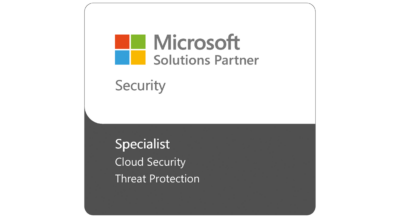
Practical Tips for Addressing NCUA Risk Alerts and Safeguarding Member Trust
20 Nov, 2024
-
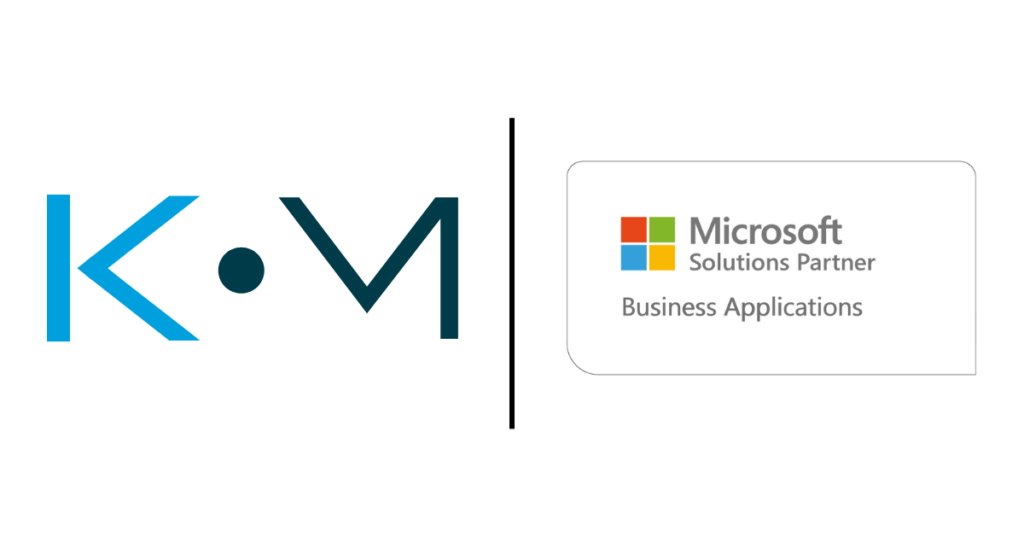
Accelerate Your Business Growth with Microsoft Dynamics 365 Business Central
04 Nov, 2024
-
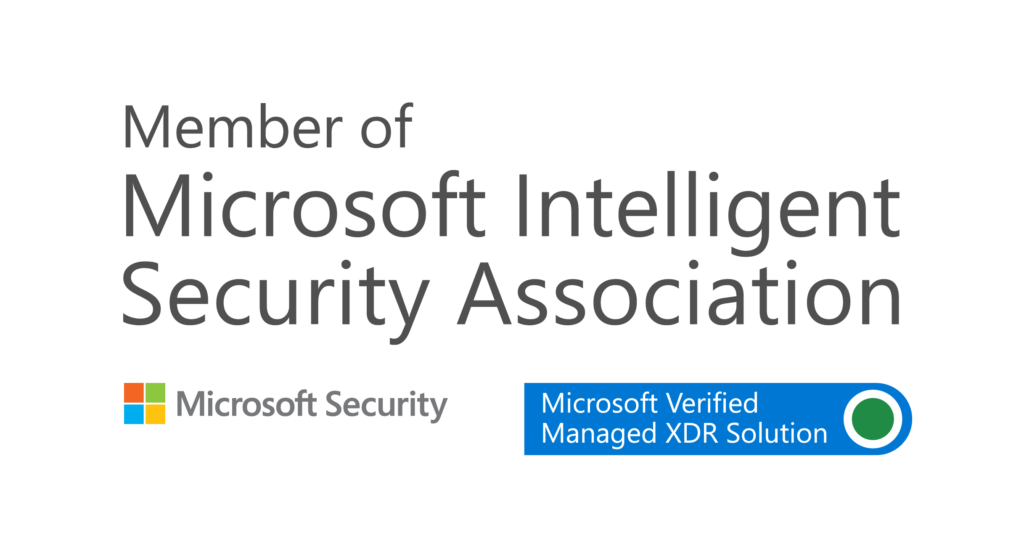
KMicro Tech Achieves Elite Status with Microsoft’s Seal of Approval in Revolutionary Managed XDR
15 Dec, 2023
-
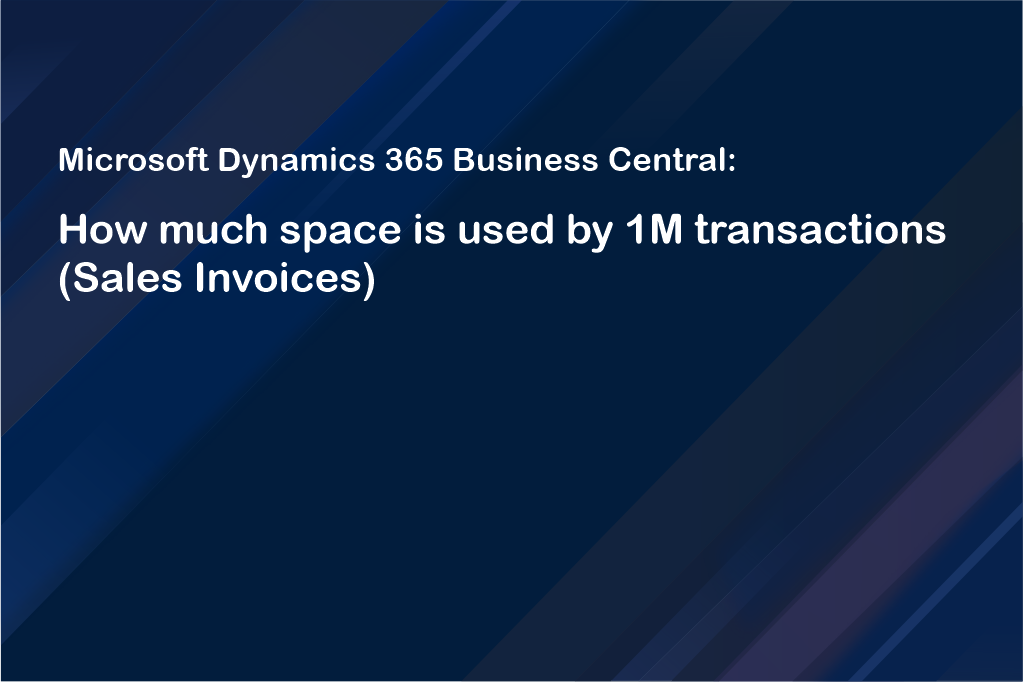
Microsoft Dynamics 365 Business Central: How much space is used by 1M transactions (Sales Invoices)
20 Sep, 2022
-
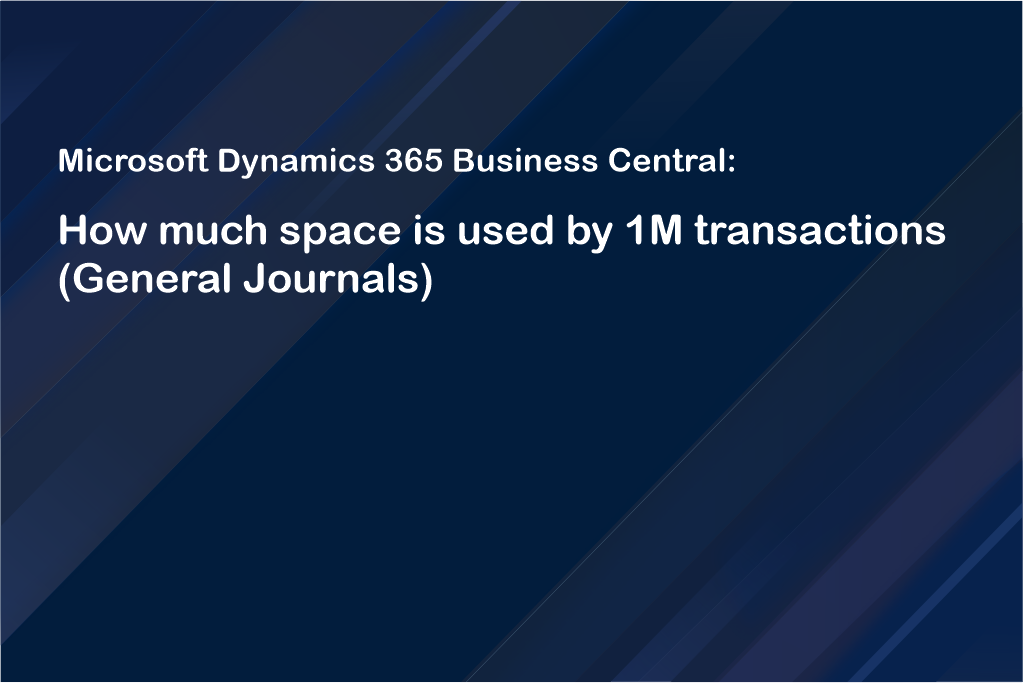
Microsoft Dynamics 365 Business Central: How much space is used by 1M transactions (General Journals)
20 Sep, 2022